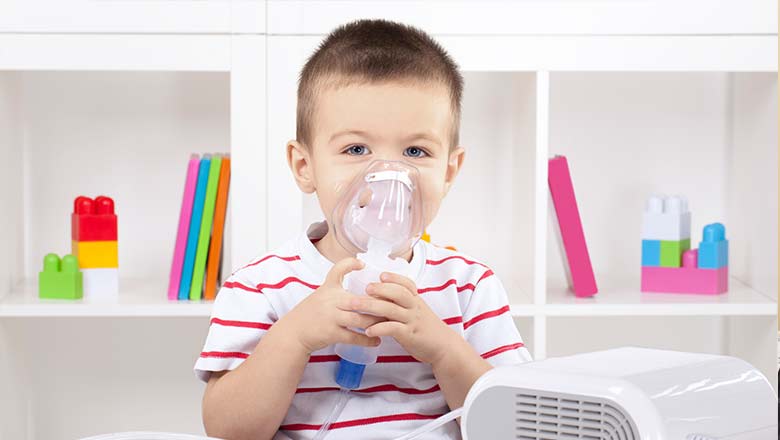Search

News & Events
Funding boost to improve anaesthesia safety for kids with asthmaTelethon Kids Institute and the PMH Anaesthesia Research Team will work to improve the safety for young children with asthma undergoing general anaesthesia.

News & Events
Video: Aboriginal AsthmaWadjuk Nyungar man Walter McGuire talks about the importance of air quality to our health.
News & Events
Research reveals new link between Vitamin D, lung bacteria and asthmaA The Kids for Child Health Research study has uncovered a new link between vitamin D levels and asthma.
Research
Multi-centre, multi-disciplinary study using a systems biology approach to investigate immunomodulation in children with acute wheezeIngrid Pat Laing Holt BSc PhD PhD, DSc, FRCPath, FRCPI, FAA Head, Children's Respiratory Science Emeritus Honorary Researcher 6319 1828 Ingrid.laing@
Research
Azithromycin inhibits mucin secretion, mucous metaplasia, airway inflammation, and airways hyperresponsiveness in mice exposed to house dust mite extractExcessive production, secretion, and retention of abnormal mucus is a pathological feature of many obstructive airways diseases including asthma. Azithromycin is an antibiotic that also possesses immunomodulatory and mucoregulatory activities, which may contribute to the clinical effectiveness of azithromycin in asthma.
Research
The intersect of genetics, environment, and microbiota in asthma-perspectives and challengesIn asthma, a significant portion of the interaction between genetics and environment occurs through microbiota. The proposed mechanisms behind this interaction are complex and at times contradictory. This review covers recent developments in our understanding of this interaction: the "microbial hypothesis" and the "farm effect"; the role of endotoxin and genetic variation in pattern recognition systems; the interaction with allergen exposure; the additional involvement of host gut and airway microbiota; the role of viral respiratory infections in interaction with the 17q21 and CDHR3 genetic loci; and the importance of in utero and early-life timing of exposures.
Research
Decoding Susceptibility to Respiratory Viral Infections and Asthma Inception in ChildrenHuman Respiratory Syncytial Virus and Human Rhinovirus are the most frequent cause of respiratory tract infections in infants and children and are major triggers of acute viral bronchiolitis, wheezing and asthma exacerbations.
Research
Vitamin D receptor polymorphisms are associated with severity of wheezing illnesses and asthma exacerbations in childrenThese findings suggest that genetic variants at the VDR locus may play a role in acute wheeze/asthma severity in children
Research
Progressive increase of FcεRI expression across several PBMC subsets is associated with atopy and atopic asthma within school-aged childrenThe expression pattern of FcεRI on DC and basophils differentiates asthmatic from non-asthmatic atopic children
Research
Airway Microbiota Dynamics Uncover a Critical Window for Interplay of Pathogenic Bacteria and Allergy in Childhood Respiratory DiseaseTo complement early allergic sensitization, monitoring NPM composition may enable early detection and intervention in high-risk children
